Bee colony collapse explained?
marknmt
9 years ago
Featured Answer
Comments (9)
Scott F Smith
9 years agoJoppaRich
9 years agoRelated Professionals
Garden City Landscape Architects & Landscape Designers · Seabrook Landscape Architects & Landscape Designers · Suffern Landscape Architects & Landscape Designers · Bedford Landscape Contractors · Berkeley Heights Landscape Contractors · Berkley Landscape Contractors · Cambridge Landscape Contractors · Costa Mesa Landscape Contractors · Lynwood Landscape Contractors · Mastic Beach Landscape Contractors · Oxnard Landscape Contractors · Paterson Landscape Contractors · Thonotosassa Landscape Contractors · Tuscaloosa Landscape Contractors · Uxbridge Landscape ContractorsJoppaRich
9 years agofruitmaven_wiz5
9 years agolazy_gardens
9 years agoplumhillfarm
9 years agomittenstate
9 years agodrew51 SE MI Z5b/6a
9 years ago
Related Stories
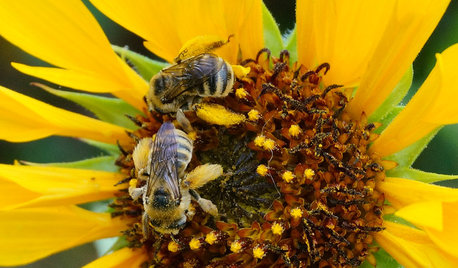
EARTH DAY12 Entertaining ‘Bee-haviors’ of Native Bees
The parade of pollinator antics is another reason to create a garden that nurtures native bees
Full Story
EARTH DAYHow to Design a Garden for Native Bees
Create a garden that not only looks beautiful but also nurtures native bees — and helps other wildlife in the process
Full Story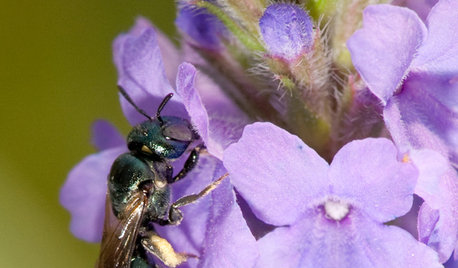
GARDENING GUIDESSmall Carpenter Bees Are Looking for a Home in Your Plant Stems
Provide flowers and nesting sites in your garden for this beautiful, tiny, metallic blue wild bee — your plants will thank you
Full Story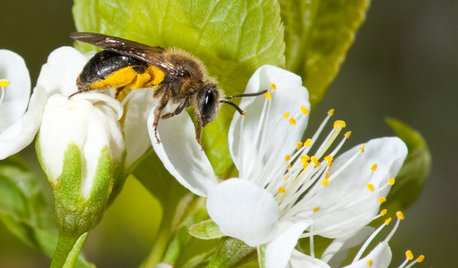
GARDENING GUIDESInvite Mining Bees to Your Garden by Planting Their Favorite Plants
Look for mining bees (Andrena) pollinating woodland wildflowers in U.S. gardens this spring
Full Story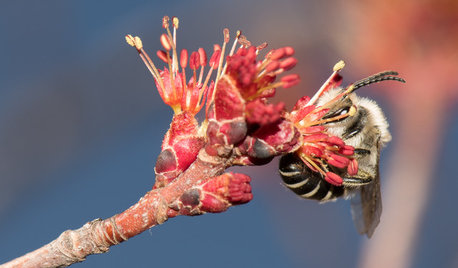
GARDENING GUIDESInvite Cellophane Bees to Your Garden by Providing Patches of Bare Soil
Look for cellophane bees (Colletes) pollinating flowering trees and shrubs in U.S. gardens this spring
Full Story
DECORATING STYLES9 Ways to Bring Home a Little British Colonial Style
On a redecorating campaign? Try some tropical accents mixed with dark woods, portable furnishings and a touch of formality
Full Story
FARM YOUR YARDHello, Honey: Beekeeping Anywhere for Fun, Food and Good Deeds
We need pollinators, and they increasingly need us too. Here, why and how to be a bee friend
Full Story
TASTEMAKERSTake a Behind-the-Scenes Tour of Netflix’s ‘Grace and Frankie’
Set decorator Beauchamp Fontaine explains the design decisions behind the home sets featured in the new Netflix series
Full Story
BENEFICIAL INSECTSAttract Pollinators for a Productive Edible Garden
You can lure bees, butterflies and birds into your yard with the right flowers and nesting spots
Full Story
GARDENING AND LANDSCAPINGGenerate Buzz as a Beekeeper
Fresh honey and happy flowers are just two of the perks of a backyard beehive. These 5 guidelines will help you get started
Full StorySponsored
Professional Remodelers in Franklin County Specializing Kitchen & Bath
More Discussions






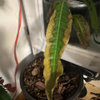
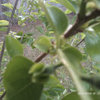
franktank232